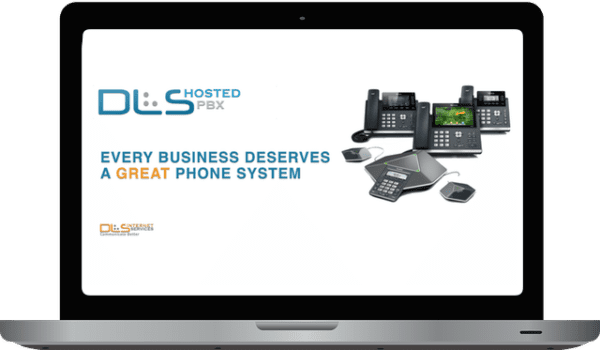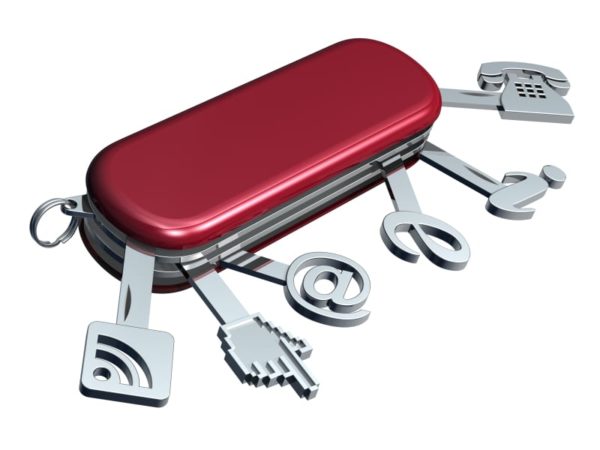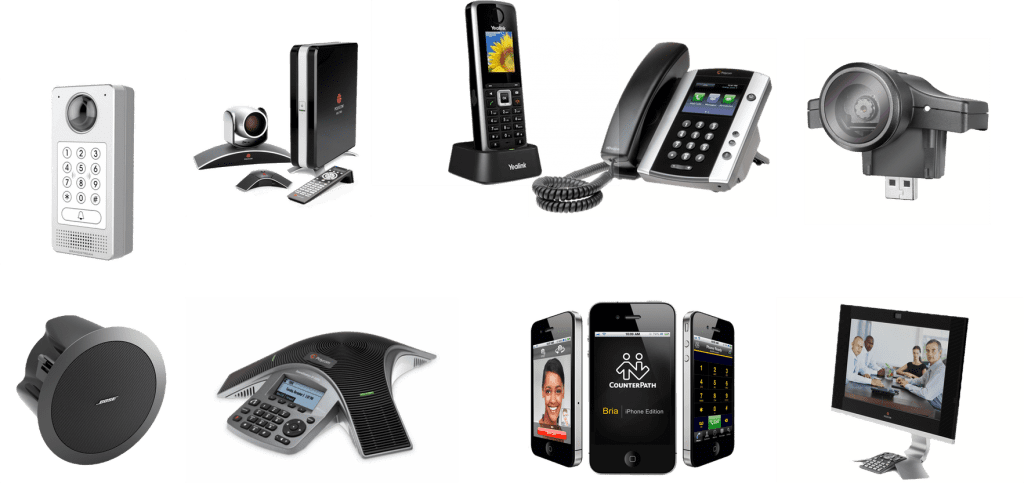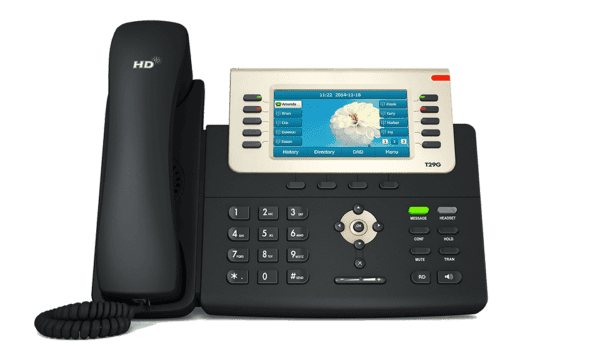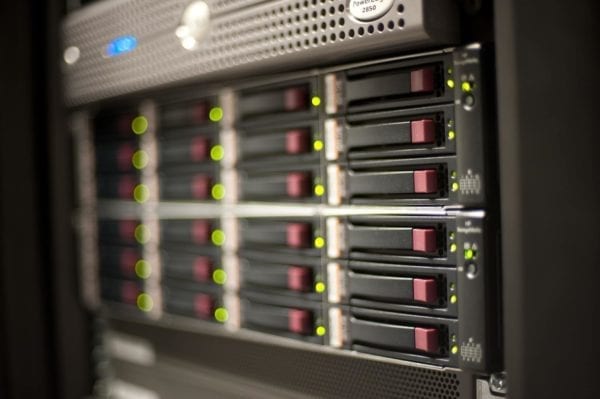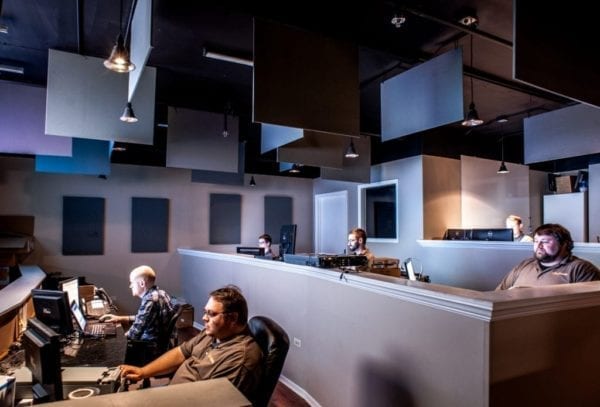Best Price Guarantee
Get advanced PBX features plus unlimited calls nationwide with price match guarantee
Integrate Fax
Send and receive faxes from your phone or desktop.
Use SMS
Send SMS messages to your customers, vendors or employees
Connect Offices
Use Hosted PBX to join your business locations and users into a single communications' domain .
U.S. Based Support
Count on support you deserve. Your cloud-based unified communications are supported by a team of VoIP professionals.
